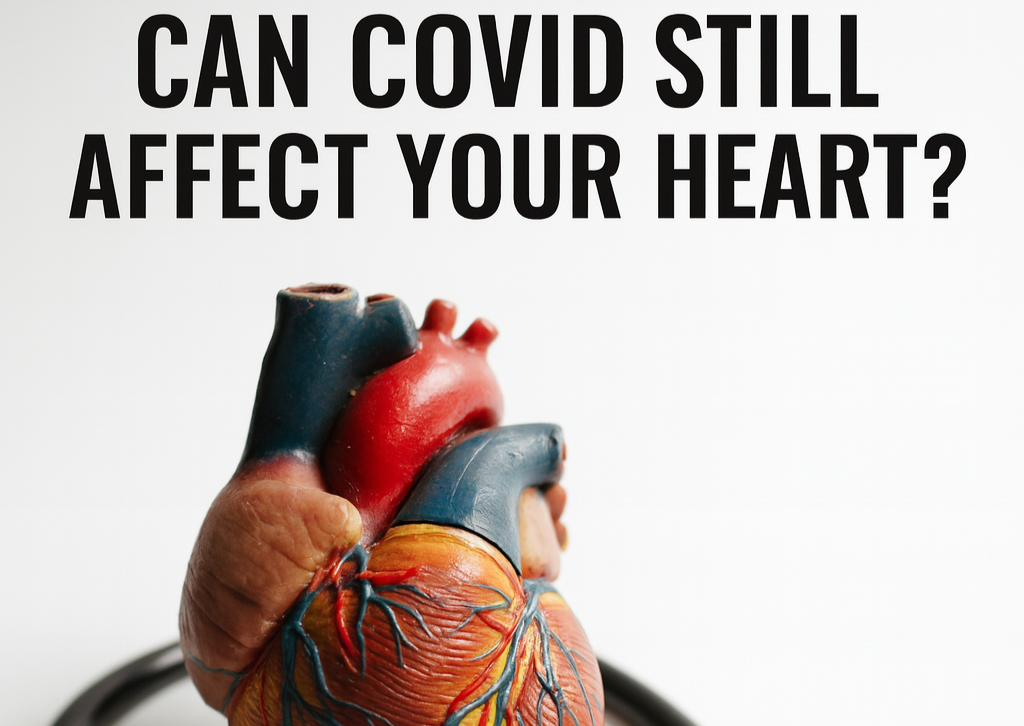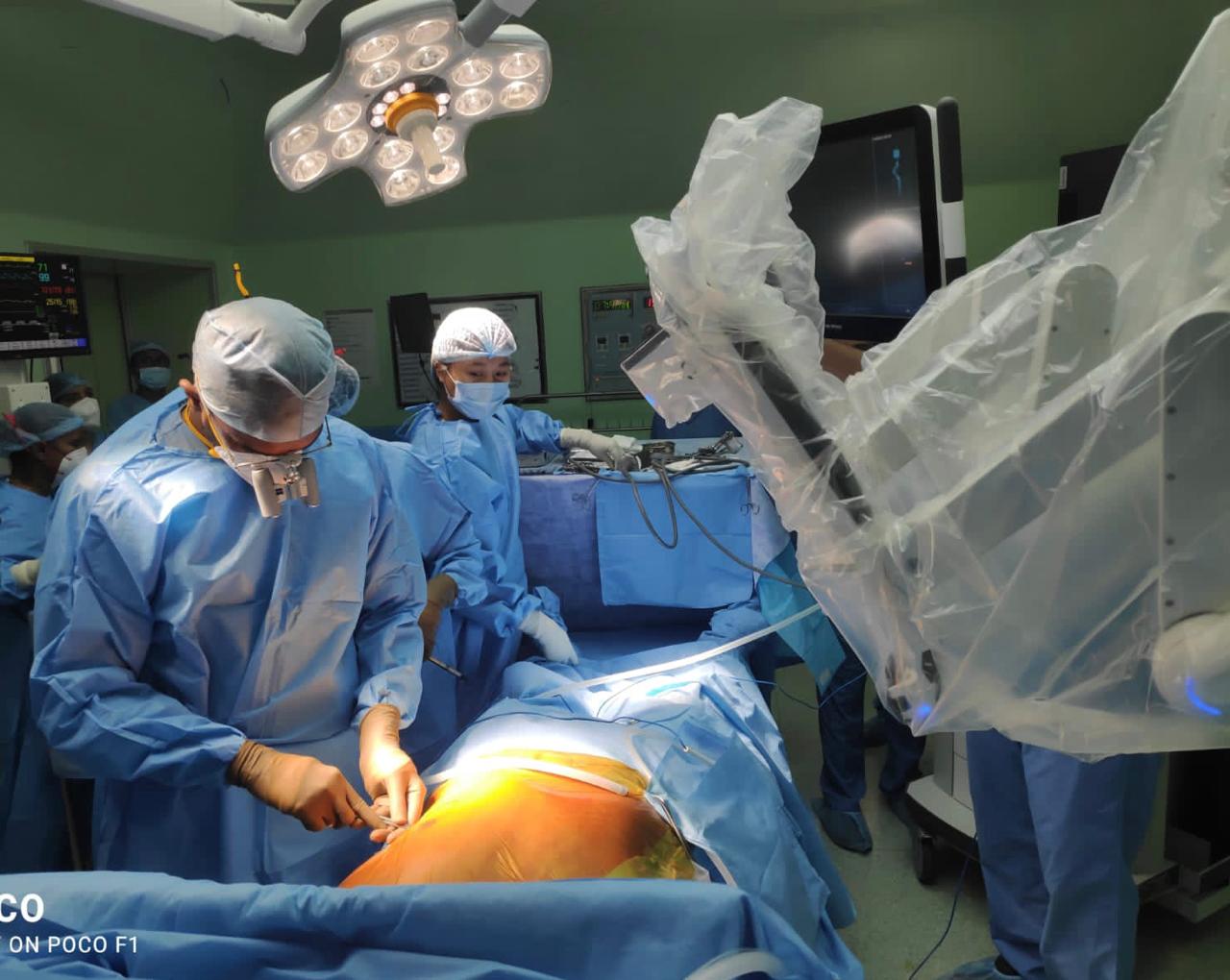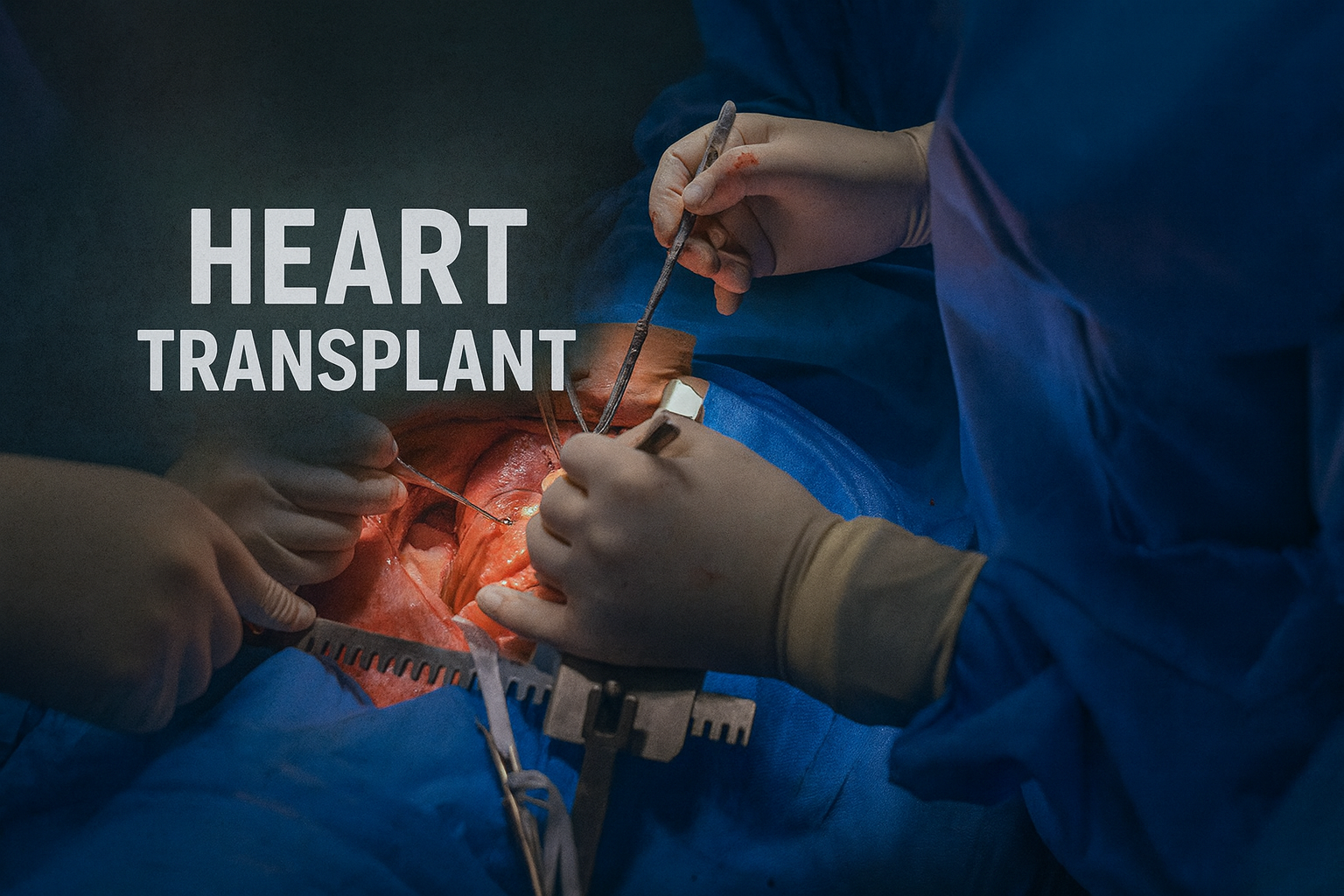COVID-19 can affect your heart even after you’ve recovered from the acute illness. The short answer is yes. COVID-19 can affect the heart in multiple ways — from causing palpitations and arrhythmias to triggering chest pain and, in some cases, heart attacks. In this article I’ll explain how the virus can impact the heart, what symptoms to watch for, who is most at risk, what tests and treatments are typically used, and what you can do to protect your heart during recovery.
Outline
- How COVID-19 can affect the heart: mechanisms and common conditions
- Symptoms to watch for after COVID-19
- Who is at greater risk?
- When to see your doctor or seek emergency care
- Diagnostics: what tests might be ordered and why
- Treatment approaches and practical management
- Long COVID heart syndrome: timeline and prognosis
- Prevention and heart-healthy recovery tips
- Frequently asked questions
- Summary and final advice
Why the Heart? The Ways COVID-19 Affects Cardiac Health
COVID-19 is primarily a respiratory infection, but it is a systemic disease that can affect multiple organ systems, including the cardiovascular system. There are several ways the virus and the body’s response to it can harm the heart:
- Direct viral injury and myocarditis: The virus can invade heart muscle cells and provoke inflammatory damage to the myocardium (the heart muscle). This inflammation is called myocarditis and can weaken the heart’s ability to pump effectively or cause electrical instability that leads to arrhythmias.
- Immune-mediated inflammation: Even when the virus is no longer actively replicating, a dysregulated immune response can continue to inflame cardiac tissue. Cytokine release and immune activation can contribute to ongoing cardiac symptoms after the acute infection.
- Increased clotting and vascular injury: COVID-19 promotes a prothrombotic state (increased tendency to form clots) and damages the endothelial lining of blood vessels. This can lead to microthrombi or larger clots that restrict blood flow to the heart, increasing the risk of acute coronary syndromes (heart attacks).
- Stress cardiomyopathy (Takotsubo-like): Severe systemic illness or extreme stress related to COVID-19 can trigger a transient weakening of the heart muscle known as stress cardiomyopathy, which mimics some features of a heart attack.
- Autonomic dysfunction: Post-viral changes in autonomic regulation can cause palpitations, rapid heart rate, dizziness, and symptoms similar to postural orthostatic tachycardia syndrome (POTS).
- Exacerbation of existing heart disease: For people with underlying coronary artery disease, heart failure, or rhythm disorders, COVID-19 can worsen existing problems and precipitate acute events.
Common Cardiac Symptoms After COVID-19
Patients recovering from COVID-19 commonly report a range of cardiovascular symptoms. These can appear during the acute infection or weeks to months later. Examples include:
- Fast heartbeat (tachycardia): You may feel a rapid pulse. It might be regular (a fast but steady heartbeat) or irregular (skipped beats or extra beats).
- Palpitations: Awareness of your heartbeat—fluttering, pounding, or irregular sensations.
- Shortness of breath: Difficulty catching your breath at rest or on exertion, which can reflect cardiac or pulmonary causes, or deconditioning.
- Chest pain or pressure: This may be sharp, squeezing, or burning. Chest pain always requires prompt assessment because it can signify ischemia (reduced blood flow to the heart).
- Fatigue and exercise intolerance: Feeling unusually tired with reduced capacity for activities you were previously able to do.
- Lightheadedness or syncope: Dizziness or fainting spells, which may indicate rhythm disturbances or blood pressure problems.
As I mentioned in the video, patients can experience symptoms such as a fast heartbeat that is regular or irregular, shortness of breath, and chest pains which in some cases can culminate in heart attacks. These symptoms may persist for weeks to months after the infection.
Who Is More Susceptible? Risk Factors to Watch
Some people are at higher risk of cardiac complications after COVID-19. Important risk factors include:
- Pre-existing cardiovascular disease: If you already have coronary artery disease, heart failure, valvular disease, or known arrhythmias, COVID-19 can more easily destabilize your heart condition.
- Diabetes mellitus: Diabetes increases the likelihood of vascular and cardiac complications and is associated with worse outcomes after COVID-19.
- Hypertension (high blood pressure): Elevated blood pressure is another common comorbidity that raises cardiovascular risk.
- Older age: Risk of severe disease and cardiac involvement increases with age.
- Obesity and metabolic syndrome: These conditions predispose to inflammation, thrombosis, and worse outcomes.
- Severe acute COVID-19: Patients who needed hospitalization, oxygen therapy, or intensive care are more likely to have residual cardiac problems.
If you fall into one or more of these categories and you’re experiencing heart-related symptoms after COVID-19, consult your doctor sooner rather than later. Early evaluation can identify problems before they progress.
When to Seek Medical Help: Red Flags and Timing
Not all post-COVID palpitations or fatigue mean something life-threatening, but certain symptoms require urgent assessment. Seek immediate medical attention if you experience:
- Severe chest pain, pressure, or squeezing that does not improve with rest
- Sudden, severe shortness of breath
- Fainting or near-fainting (syncope)
- Rapid, irregular heartbeats associated with dizziness, sweating, or fainting
- Sudden weakness or numbness, difficulties with speech, or other stroke-like symptoms
For non-emergency but concerning symptoms—ongoing palpitations, persistent breathlessness, unexplained fatigue, or new chest discomfort—arrange a review with your primary care physician or a cardiologist within days to weeks depending on severity. As I said in the video, symptoms may persist up to about three months after the infection and are often grouped under long COVID, so don’t wait if symptoms are new or worsening.
Diagnostic Tests: What Your Doctor May Order
Evaluation is tailored to symptoms and risk profile. Common cardiovascular tests used to investigate post-COVID symptoms include:
- Electrocardiogram (ECG): A quick, first-line test to look for arrhythmias, signs of ischemia, or conduction problems.
- Blood tests: Cardiac biomarkers such as troponin can indicate heart muscle injury. B-type natriuretic peptide (BNP) helps assess heart failure. Inflammatory markers and D-dimer may also be checked depending on the clinical context.
- Chest X-ray: To evaluate lungs and heart size; helpful when breathlessness is present.
- Echocardiography (echo): An ultrasound of the heart to assess structure and function, look for reduced ejection fraction, valve problems, or pericardial effusion.
- Holter monitor or event recorder: Ambulatory ECG monitoring for 24–48 hours or longer to capture intermittent arrhythmias or palpitations during daily activities.
- Stress testing: To assess for inducible ischemia in patients with symptoms suggestive of coronary artery disease.
- Cardiac MRI: Particularly useful in suspected myocarditis; MRI can detect inflammation and scarring in the heart muscle.
- Coronary angiography: In cases where a heart attack is suspected or when noninvasive tests suggest significant coronary disease, invasive angiography may be necessary.
The exact combination of tests will depend on how you present. If there is concern for an acute heart attack, immediate evaluation in an emergency setting is essential. For more subtle symptoms, outpatient workup with ECG, blood tests, and possibly echocardiography or Holter monitoring is typically the next step.
Treatment: What to Expect and How Problems Are Managed
Treatment depends on the underlying cause identified by testing. Broadly, management may include:
- Supportive care and monitoring: Many mild cases improve with time and supportive measures such as rest, hydration, and graded return to activity.
- Medications for arrhythmias: Beta-blockers or calcium channel blockers can be used to control heart rate and reduce palpitations. Antiarrythmic drugs or specific rhythm-control strategies may be used in more severe cases.
- Treatment for myocarditis: Management ranges from rest and monitoring to medications to support heart function. In selected inflammatory cases, anti-inflammatory therapy or immunomodulation might be considered under specialist care.
- Management of heart attacks and ischemia: If COVID-related clotting or coronary artery disease leads to myocardial ischemia or infarction, standard acute coronary care applies—antiplatelet therapy, anticoagulation when indicated, and revascularization (angioplasty/stenting) if necessary.
- Anticoagulation: In patients with confirmed thromboembolic complications, anticoagulant therapy will be prescribed based on current guidelines and the individual’s risk profile.
- Rehabilitation and gradual return to activity: Cardiac rehabilitation or supervised exercise programs can help restore function safely after cardiac involvement.
- Treating contributing factors: Control of blood pressure, blood sugar, lipids, and smoking cessation are foundational parts of care.
Treatment plans should be individualized. If you have been diagnosed with cardiac involvement related to COVID-19, work closely with a cardiologist to develop a tailored strategy that addresses both heart function and broader health concerns.
Long COVID Heart Syndrome: Timeline, Expectations, and Recovery
The term “long COVID” refers to persistent symptoms that last weeks to months beyond the acute infection. In many people, cardiac symptoms such as palpitations, chest pain, and breathlessness are part of this syndrome. In the video I noted that patients may be prone to experiencing cardiac symptoms for up to three months after COVID-19 infection; clinically, timelines can vary, and some patients report symptoms that last longer.
Key points about long COVID and heart health:
- Symptoms can wax and wane—some people improve steadily, while others have intermittent flares.
- Recovery depends on the underlying cause. If myocarditis caused temporary dysfunction, function often improves over weeks to months with appropriate care and rest. If structural damage or scarring occurred, recovery may be slower and sometimes incomplete.
- Autonomic symptoms such as inappropriate tachycardia or POTS-like features may require targeted management including fluids, salt intake adjustments, graded exercise, and medications when needed.
- Psychological aspects—anxiety, sleep disturbance, and deconditioning—can amplify cardiac symptom perception; holistic care addressing mental health and physical conditioning is important.
Regular follow-up, symptom tracking, and objective testing as needed are important. If symptoms persist beyond a few months or worsen, further specialist evaluation is warranted.
Practical Steps for Patients Experiencing Cardiac Symptoms Post-COVID
If you’re recovering from COVID-19 and notice cardiac symptoms, here are practical steps you can take right away:
- Don’t ignore new or worsening symptoms: Seek medical advice sooner rather than later.
- Track your symptoms: Note when palpitations happen (time of day, activity, duration), how severe chest pain is, and what relieves or worsens breathlessness. This information helps your doctor.
- Monitor vital signs at home: Pulse and blood pressure monitoring can provide useful data; many people use wearable devices—but corroborate concerning readings with a clinical assessment.
- Reduce stimulants: Avoid excess caffeine, alcohol, and recreational drugs that can trigger arrhythmias.
- Stay hydrated and rest: Dehydration and overexertion can worsen palpitations and lightheadedness. Gradual, paced return to activity is safer than pushing too hard too soon.
- Manage comorbidities: Ensure blood sugar and blood pressure are well controlled and continue prescribed medications unless advised otherwise by your doctor.
- Seek emergency care for red flags: Severe chest pain, collapse, severe breathlessness, or sudden neurological symptoms require immediate attention.
Prevention: Protecting Your Heart Before and After COVID
While we cannot eliminate all risk, there are practical measures to reduce the likelihood of cardiac complications associated with COVID-19 and to support recovery:
- Vaccination and boosters: Vaccination reduces the risk of severe COVID-19 and therefore lowers the chances of associated cardiac complications.
- Control chronic conditions: Keep diabetes, hypertension, and lipid disorders well managed with medications, diet, and lifestyle.
- Healthy lifestyle: Regular moderate exercise, a balanced diet, adequate sleep, and avoiding smoking all support cardiovascular health.
- Prompt care for acute illness: Early medical assessment during the acute phase can identify complications and prevent progression.
- Post-infection follow-up: If you had a moderate-to-severe infection or have persistent symptoms, schedule a post-COVID check-up with your primary care physician or a cardiologist.
What I Tell My Patients: Clear Guidance
In my practice I emphasize a few simple core messages: first, take symptoms seriously. Second, do not attribute significant new chest pain, breathlessness, or palpitations to “just anxiety” without a medical check—these symptoms deserve evaluation. Third, if you have diabetes, hypertension, or known heart disease you should be particularly vigilant and seek assessment early. Finally, recovery after COVID-19 can take time; be patient but proactive. Follow-up and appropriate testing guide safe recovery and help prevent complications.
Frequently Asked Questions
Can COVID-19 cause heart attacks?
Yes. COVID-19 increases the risk of clotting and causes inflammation that can affect the coronary arteries and heart muscle. This can precipitate acute coronary syndromes (heart attacks), particularly in people with underlying coronary artery disease. If you experience sudden, severe chest pain or pressure accompanied by shortness of breath or sweating, seek emergency care immediately.
Why am I feeling palpitations months after having COVID?
Palpitations after COVID can result from several mechanisms: lingering inflammation of the heart (myocarditis), autonomic dysfunction causing abnormal heart rate responses, deconditioning, anxiety, or new or worsening arrhythmias. Many people experience palpitations as part of long COVID; evaluation including ECG and ambulatory monitoring can help identify the cause.
How long can heart-related symptoms last after COVID?
Symptoms can persist for weeks to months. In the video I mentioned that you can be prone to having these symptoms up to three months after COVID; clinically, some people recover sooner and others may have longer-lasting symptoms. Persistent symptoms beyond a few months should prompt specialist review to assess for ongoing inflammation, structural changes, or other causes.
Who is at highest risk for heart complications from COVID?
People with pre-existing heart disease, diabetes, hypertension, obesity, older age, or those who had severe acute COVID-19 are at higher risk. Control of these conditions and close follow-up after COVID can reduce risk and help detect complications early.
What tests are most helpful if I have heart symptoms after COVID?
Initial tests typically include an ECG, blood tests for cardiac biomarkers (e.g., troponin, BNP), and an echocardiogram. Ambulatory ECG monitoring (Holter) may be used for intermittent palpitations. Cardiac MRI is especially valuable when myocarditis is suspected because it can detect inflammation and scarring.
Can COVID-related heart problems be treated?
Yes. Treatment depends on the diagnosis. Arrhythmias can be managed with medications or procedures when necessary. Myocarditis and heart failure are treated with supportive measures and specialist-directed therapies. If clots are present, anticoagulation is used. Recovery is often achievable with appropriate care, though the timeline varies by individual and severity.
Should I get a cardiology referral after recovering from COVID?
If you had moderate-to-severe COVID-19, have persistent cardiac symptoms (chest pain, breathlessness, palpitations), or have pre-existing heart disease or risk factors, a cardiology referral is recommended. Your primary care physician can help determine urgency and arrange appropriate testing and specialist review.
Are there lifestyle changes I should make during recovery?
Yes. Prioritize rest and a gradual return to activity, avoid excessive stimulants (caffeine, alcohol), maintain hydration, control chronic conditions (blood pressure, diabetes), follow a heart-healthy diet, and consider supervised cardiac rehabilitation if advised. Mental health support is also important as anxiety and poor sleep can worsen symptom perception.



